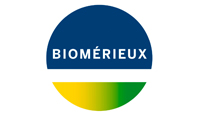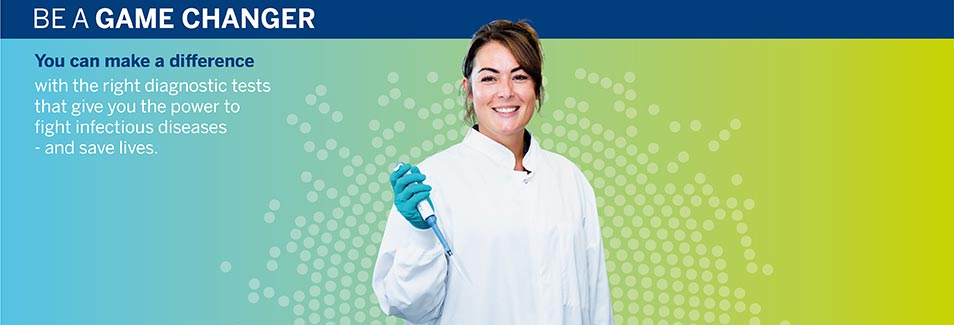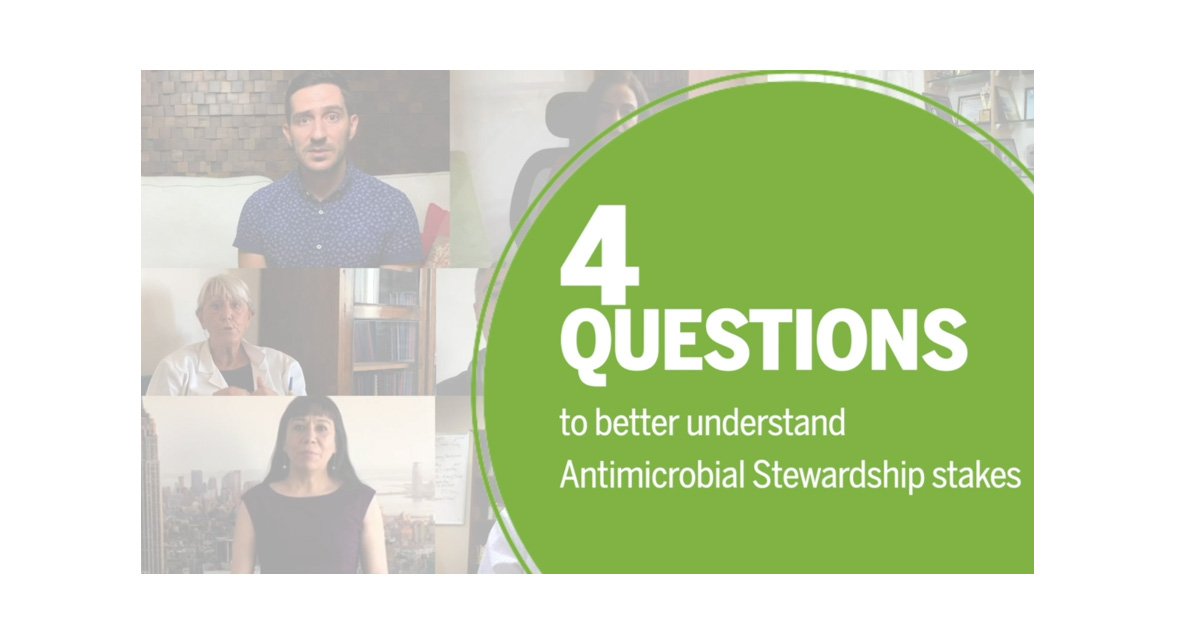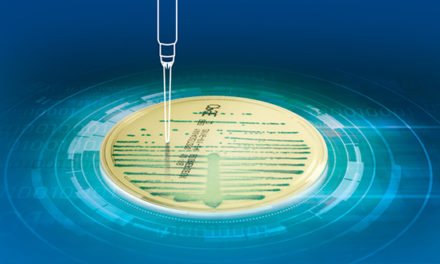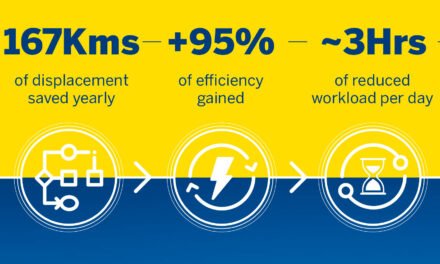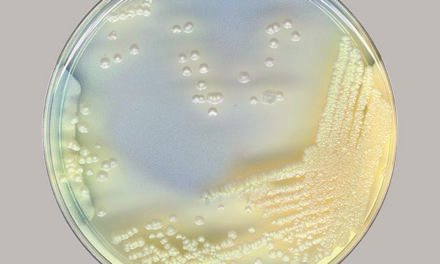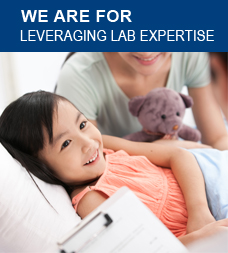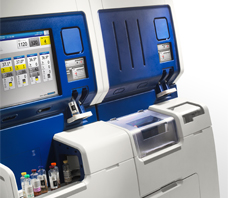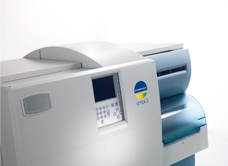Interviews with AMS experts show how diagnostics impacts AMS – and how bioMérieux is by their side
What is it like to deal with Antimicrobial Resistance challenges “on the frontlines” – as a healthcare or laboratory professional wearing the hat of Antimicrobial Stewardship (AMS) expert? How do they measure success in AMS?
As a diagnostics company dedicated to being a true partner to labs, hospitals and their AMS Programs, bioMérieux wanted to know more – and to know how we can nurture our partnership and deliver continuous improvement on supporting AMS.
We took the occasion of World Antimicrobial Awareness Week to interview some healthcare professionals from around the world and hear what they have to say on key AMS questions. Here are a few excerpts…
What are the keys success factors for AMS program implementation and the promotion of appropriate antibiotic therapy decisions?
“The success of these programs can be affected by several factors. The first is adequate planning of the program and training of the staff involved. I would say the second is strengthening of the monitoring systems, since this will first enable an adequate diagnosis of the problems that should guide our program, but also evaluate its impact.”
“[The AMS team] needs to be a multidisciplinary team, including a clinical pharmacist, a nurse, a clinical laboratory technician, a microbiologist, an epidemiologist, and a Data Manager or similar. It must have physical resources and a structure, supported by the management of the medical institution and led by a specialist in infectious diseases.”
How do you see the value of timely diagnostics to help AMS initiatives?
“Additional to those comprehensive programs and teams, strategies for diagnostic tools are vital for [Antimicrobial Stewardship] to take place in an effective manner with agility and efficiency.”
“Diagnosis plays a very important role in defining antimicrobial resistance and ensuring that it is detected early. Without appropriate diagnosis and fast turnaround time, antimicrobial stewardship will not work.”
What would be an example from your daily life of how diagnostics can guide therapy and support your AMS initiatives?
“I will be able to give to the clinician some information that can make it possible to look at the therapy, and maybe to change that therapy. In my daily life, I continuously apply molecular or rapid test into a process of diagnosis.”
“Our team has piloted a program that has been very successful and now is part of our standard practice. Microbiology calls the results of a rapid diagnostic test to our pharmacists. And our pharmacists that are involved in stewardship take this call and can take that data… and call that provider and optimize that therapy. We see a lot of very sick, ill patients [and] have hours to get the antibiotic decision correct… Having rapid diagnostics, to be able to turn around valuable information in a quick manner to make treatment decisions, is critical to give that patient the best chance of living from whatever infection that they present with.”
How do you see bioMérieux helping as a key diagnostics partner?
“bioMérieux is an ideal partner in everything to do with microbiology diagnostics because it provides all the necessary tools to identify the genus and species of bacteria.”
“bioMérieux is a key partner in diagnostics because it is a leading enterprise that managed to develop molecular tests that are extremely useful for us physicians. Those molecular tests are used in different clinical scenarios related with infectious disease, such as bacteremia, pneumonia, gastrointestinal infections, infections of the central nervous system, and so on, a critical infectious pathology which must be tackled as quickly, precisely and promptly as possible.”

